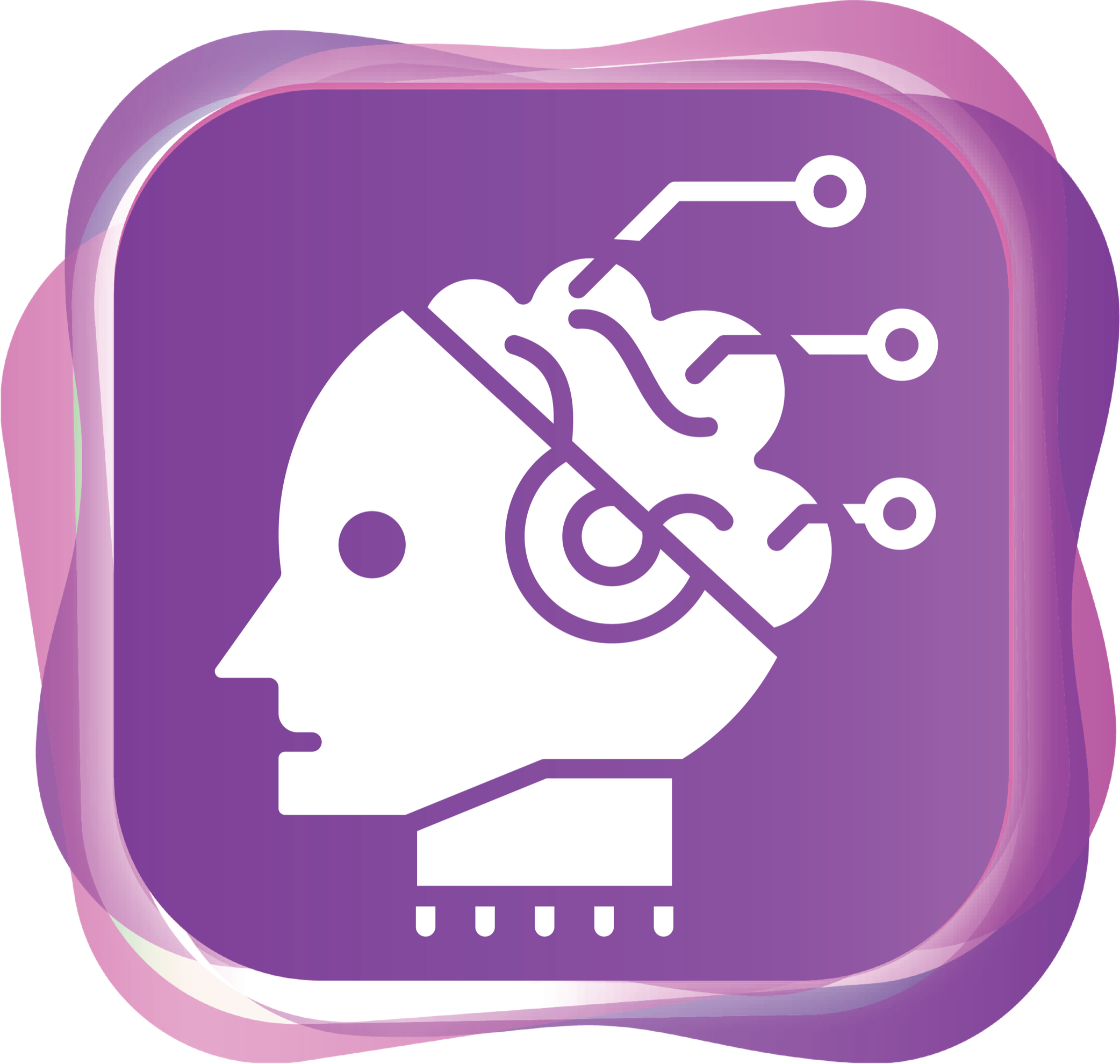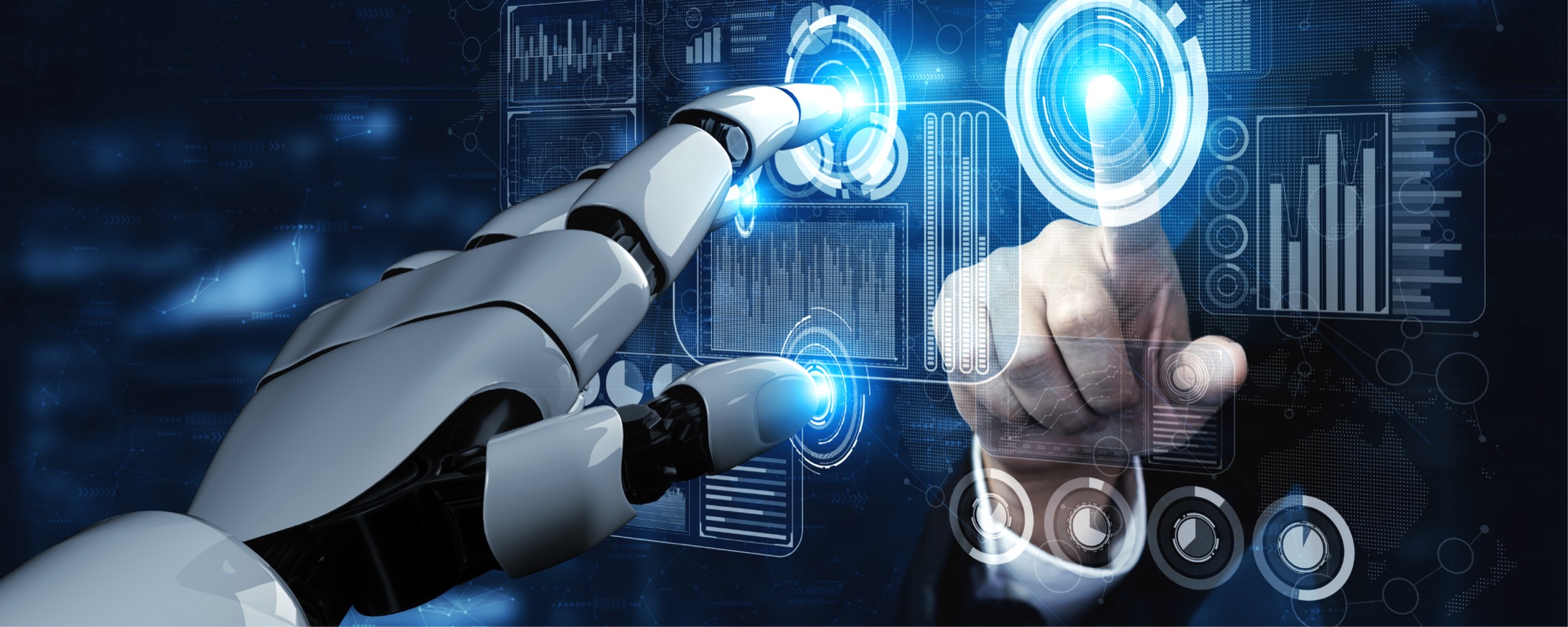 |
CCAI9025 Artificial Intelligence
|
Course Description
Since the dawn of the Industrial Revolution, robots have become an increasingly integral part of our society and daily lives. With each stride in robot technology, tasks that were once solely within human capability are now effortlessly executed by robotic counterparts, heralding a new era of efficiency and innovation. In an era marked by the swift evolution of AI, robotics is experiencing unprecedented growth and innovation.
The course will focus on the role of robotics in our society, considering its practical and potential uses and how it can dramatically revolutionize our society. Throughout this course, we will delve into a series of fundamentals at the heart of this technological revolution and try to answer several key questions, such as: How do robots play an essential role across diverse sectors? How do robots contribute to the Hong Kong community and society at large? What groundbreaking horizons lie ahead as we stride towards the future alongside robots?
This course is fundamentally transdisciplinary and designed for students new to robotics and AI. This course does not assume previous knowledge.
[Two optional 1-day fieldtrips outside of Hong Kong (tentatively, Shenzhen and Guangzhou) on October 11 and 25, 2025 will be arranged.]

Course Learning Outcomes
On completing the course, students will be able to:
- Recount the history and facts of the effect of robotics on human society, and analyse the future impact of AI-driven robotics on human society in the long term.
- Compare various robotics applications and AI technologies based on the advantages and disadvantages not only from technical aspects but also from the perspective of humans and society.
- Apply robotics in specific implementations, predict the societal impact, locally and globally, on such implementations, and demonstrate such implementations and impacts to the public.
- Plan their future career paths as different societal roles I robotics-related sectors.
Offer Semester and Day of Teaching
First semester (Wed)
Study Load
| Activities | Number of hours |
| Lectures | 24 |
| Tutorials | 12 |
| Fieldwork / Visits | 6 |
| Reading / Self-study | 52 |
| Assessment: Essay / Report writing | 10 |
| Assessment: Presentation (incl preparation) | 15 |
| Assessment: In-class test | 1 |
| Total: | 120 |
Assessment: 100% coursework
| Assessment Tasks | Weighting |
| Poster | 10 |
| Essay | 20 |
| Participation in classroom activities | 20 |
| Group project | 30 |
| Weekly blog and field trip reports | 20 |
Required Reading
- Benaich, N., & Chalmers, A. (2024). State of AI report 2024. From https://www.stateof.ai/
- Bennett, M. S. (2023). A brief history of intelligence: evolution, AI, and the five breakthroughs that made our brains. Mariner Books. [Chap. 22 “ChatGPT and the window into the mind”]
- Prince, S. J. (2023). Understanding deep learning. MIT Press. [Chap. 20 “Why does deep learning work?”; Chap. 21 “Deep learning and ethics”]
- Siciliano, B., et al. (2009). Robotics, modelling, planning and control. Springer. [Chap. 1 “Introduction”]
- Stone, P., et al. (2022). Artificial intelligence and life in 2030. Stanford University. From https://ai100.stanford.edu/sites/g/files/sbiybj18871/files/media/file/ai100report10032016fnl_singles.pdf
Required Viewing
- Dyna Robotics, Inc. (2025). Dynamism v1 (DYNA-1) Model: A Breakthrough in Performance and Production-Ready Embodied AI. From https://www.dyna.co/research
- OpenAI. (2023). GPT-4 developer livestream. From https://www.youtube.com/watch?v=outcGtbnMuQ
- OpenAI. (2023). OpenAI devday: opening keynote. From https://www.youtube.com/watch?v=U9mJuUkhUzk
- Recent advances on Autonomous Driving and Embodied AI. From https://cvpr2025.wad.vision/ and https://opendrivelab.com/cvpr2025/workshop/
- Teala (2024). We, robot | Tesla Cybercab unveil. From https://www.youtube.com/live/6v6dbxPlsXs
- Tesla (2022). Tesla AI day 2022. From https://www.youtube.com/watch?v=ODSJsviD_SU
Required Listening
- Arts & Science – University of Toronto. (2023). Geoffrey Hinton in conversation with Fei-Fei Li – responsible AI development. From https://www.youtube.com/watch?v=QWWgr2rN45o
- MIT Embodied Intelligence. (2024). MIT embodied intelligence seminars. From https://www.youtube.com/playlist?list=PLCBtJRMPXXZ4dmgC-Q_X3DGTFNKjXdXFU
- Sunak, R (2024). Rishi Sunak & Elon, Mu: talk AI, tech & the future. From https://www.youtube.com/watch?v=R2meHtrO1n8
Course Co-ordinator and Teacher(s)
| Course Co-ordinator | Contact |
| Professor H. Li The Musketeers Foundation Institute of Data Science |
Tel: 3917 3135 Email: hongyang@hku.hk |
| Teacher(s) | Contact |
| Professor H. Li The Musketeers Foundation Institute of Data Science |
Tel: 3917 3135 Email: hongyang@hku.hk |
| Professor Y. Ma The Musketeers Foundation Institute of Data Science |
Tel: 3910 2331 Email: mayi@hku.hk |
| Professor P. Luo The Musketeers Foundation Institute of Data Science |
Tel: 2859 2190 Email: pluo@hku.hk |

